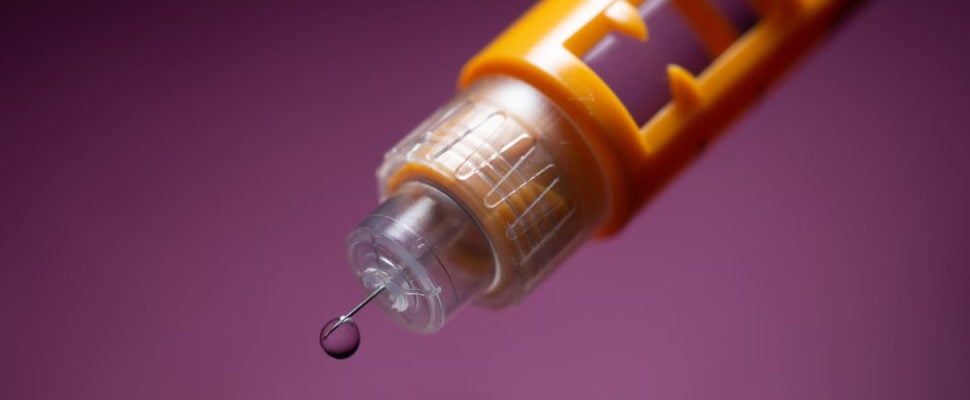Diabetes is a significant, and growing, problem in Africa, making access to insulin products a regional imperative. Some important progress is being made, including a new deal between US giant Eli Lilly and Egyptian group EVA Pharma. The agreement will allow Lilly products to be manufactured in, and for, the developing world, potentially impacting over one million patients per year by 2030.
Diabetes in Africa: A Pressing Concern
The situation of diabetes in Africa is stark. 24 million adults on the continent – one in 22 – have diabetes, with incidence predicted to rise by 129 percent to 55 million by 2045, the biggest leap in any region globally, according to the International Diabetes Federation (IDF). Additionally, 416,000 people in Africa died diabetes-related deaths in 2021, one of every eight live births on the continent are affected by hyperglycaemia in pregnancy, and Africa is the region with the second lowest diabetes-related expenditure (USD 13 billion) globally.
On a country level, Egypt is among the top 10 countries or territories with the highest estimated prevalence of diabetes in adults aged 20–79 in 2021, while Algeria and Morocco make the top 10 for countries with the highest proportion of people aged 0–19 with type 1 diabetes.
Africa is also a world leader in undiagnosed diabetes, with only 46 percent of people living with the disease knowing their status (compared to 55 percent globally). Barriers to diabetes testing include a lack of testing facilities and equipment, inadequate number of trained health personnel, poor access to health facilities, and a lack of awareness, according to the World Health Organisation (WHO).
Even for those who have been diagnosed with diabetes in Africa, the ability to access potentially life-saving insulin is not a given. In resource-constrained countries without sufficient manufacturing and distribution capabilities, many patients go without.
Lilly & EVA Pharma: A Regional First
The establishment of facilities able to manufacture high-quality and affordable human and analogue insulin within the African continent is therefore crucial. The Lilly/EVA Pharma tie up aims to “deliver a sustainable supply” of insulin to low- and middle-income countries (LMICs), predominantly in Africa, with Lilly suppling its active pharmaceutical ingredient (API) for insulin at a reduced price to EVA Pharma, the first time that such an agreement has been struck.
In a press release, Lilly stated that it would also provide a pro-bono technology transfer to enable EVA Pharma to formulate, fill and finish insulin vials and cartridges, thereby establishing EVA as a trusted manufacturer for these products in Africa.
Distribution of African-made insulin products is expected within the next 18 months, with plans in place to reach one million people per year by 2030 as part of the ‘Lilly 30×30’ initiative, which aims to improve access to quality healthcare for 30 million people living in limited-resource settings annually by 2030.
Transformational Impact
On the announcement of the deal in December 2022, both Lilly and EVA Pharma executives weighed in on its potential impact. “Our new collaboration with EVA Pharma reflects Lilly’s deep commitment to making equitable and affordable access to insulin a reality for people living with diabetes in low- and middle-income countries,” said Ilya Yuffa, president of Lilly International. “This latest initiative from Lilly will empower local manufacturing, finishing and distribution of quality insulin – in Africa – which will transform communities and make life better for people throughout the continent.”
EVA Pharma CEO Riad Armanious, who PharmaBoardroom spoke exclusively to in November 2022 in the context of our Healthcare & Life Sciences Review Egypt country report added that “EVA Pharma is committed to empowering the fight for health and well-being as a human right. People suffering from diabetes in LMICs experience daily challenges in accessing treatment. We feel blessed to collaborate with the team at Lilly. Combining our African reach, state-of-the-art facilities, and Lilly’s deep expertise in diabetes care, we aim to treat at least one million patients by 2030 who otherwise may not have access to life-saving medication.”


